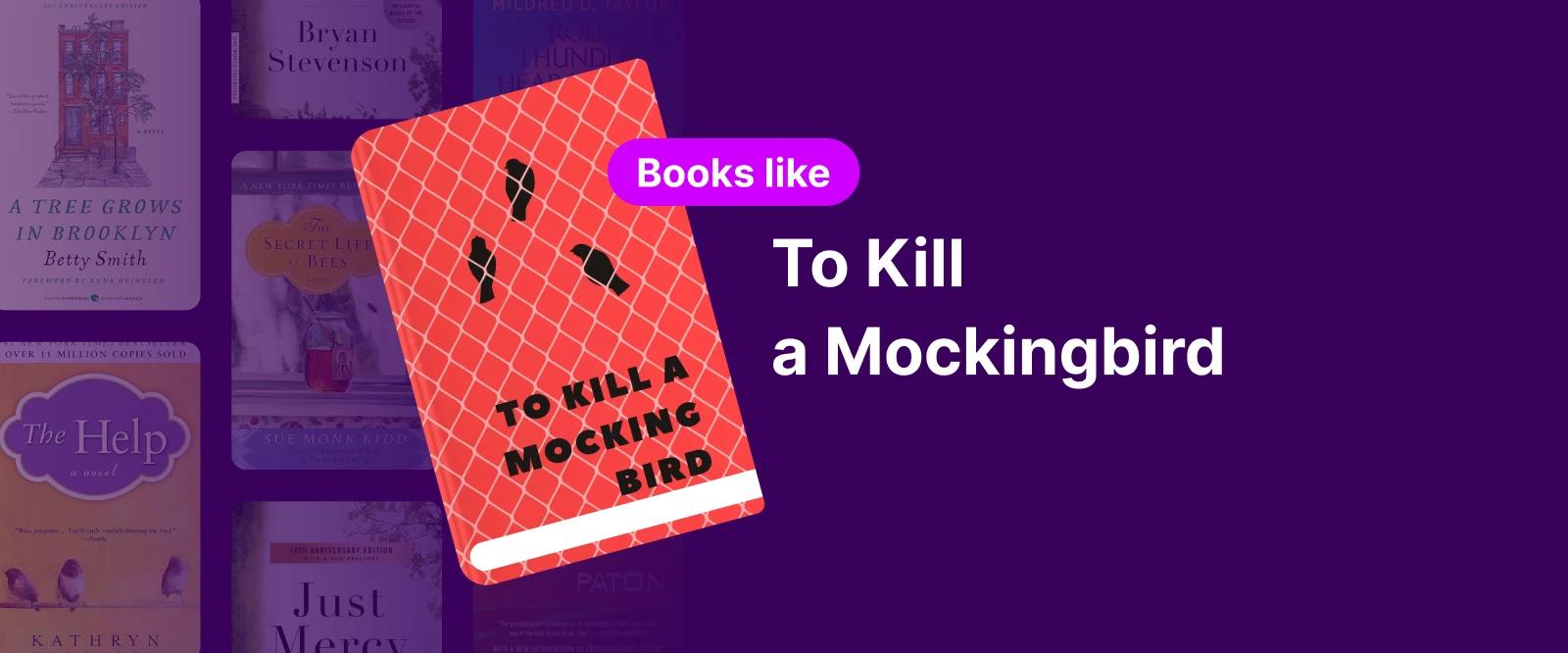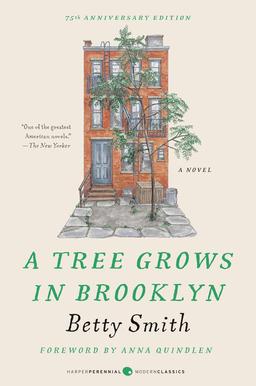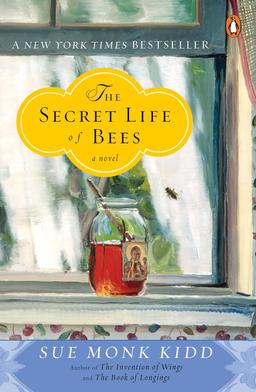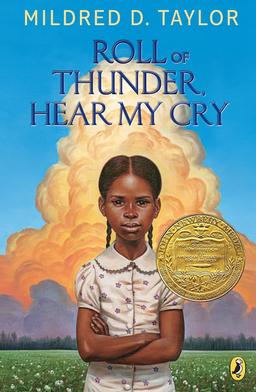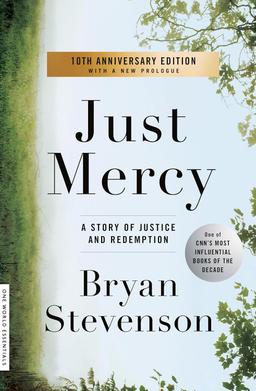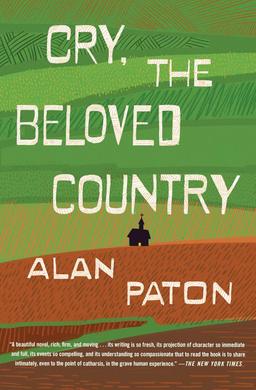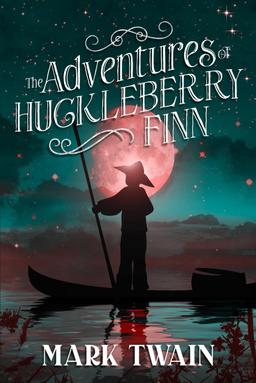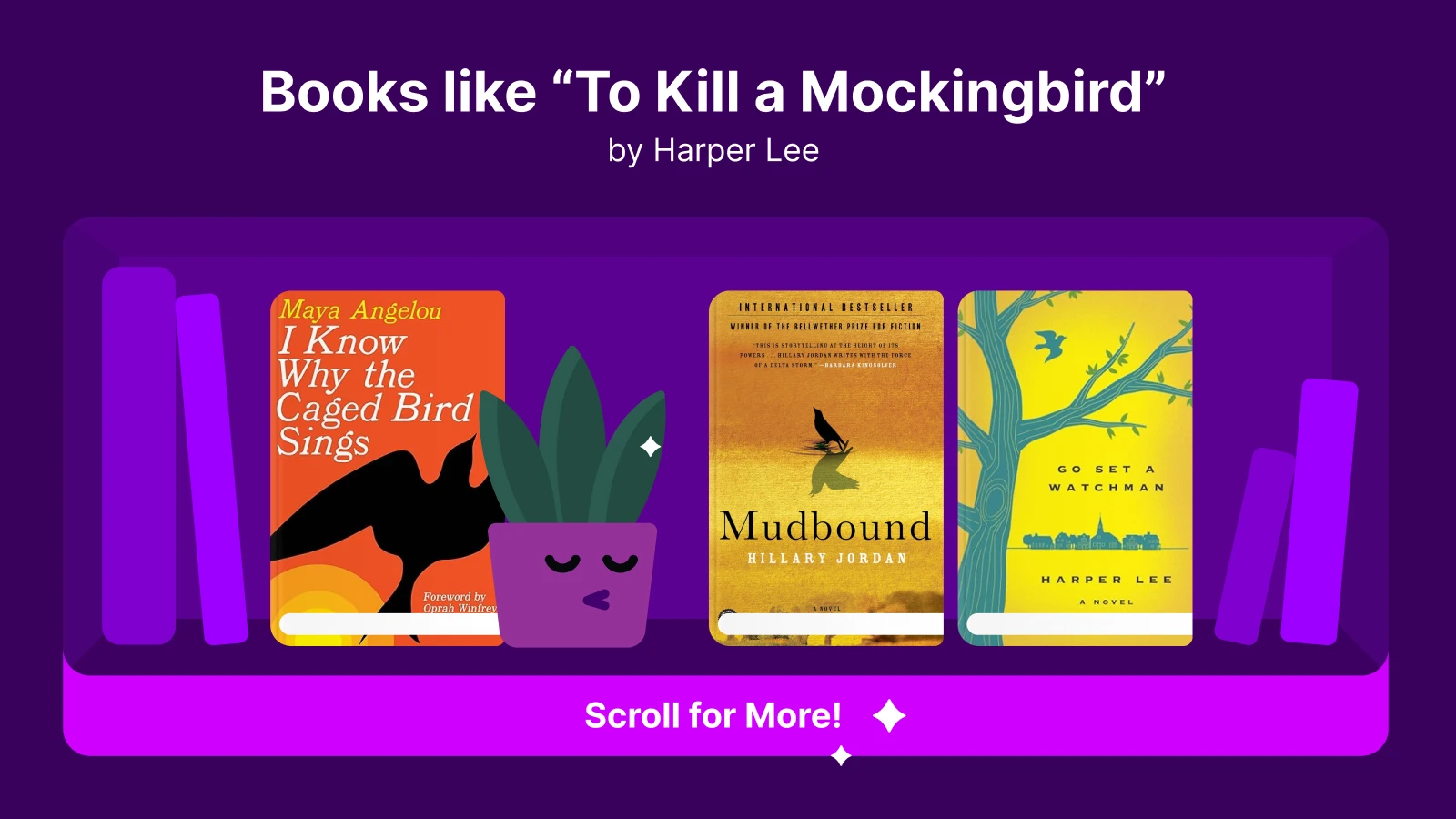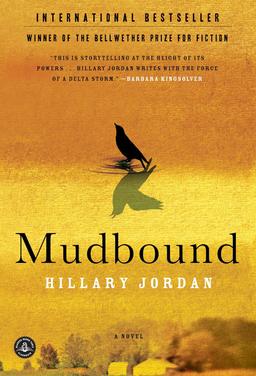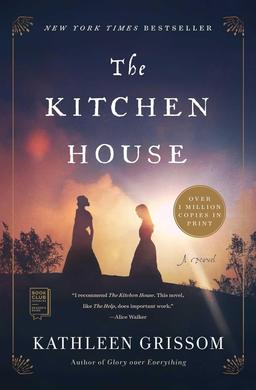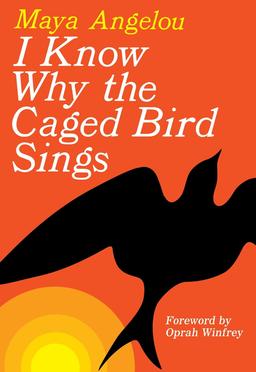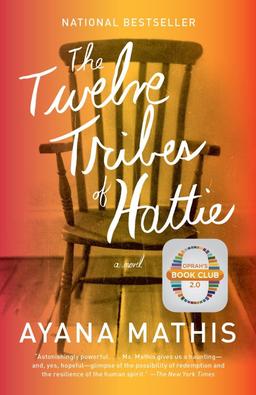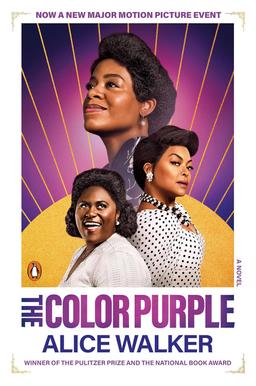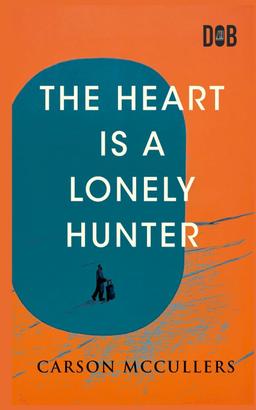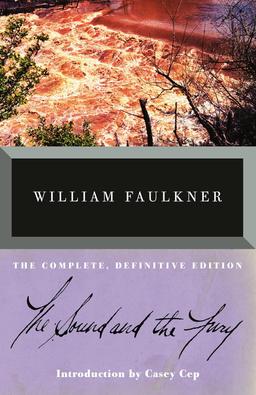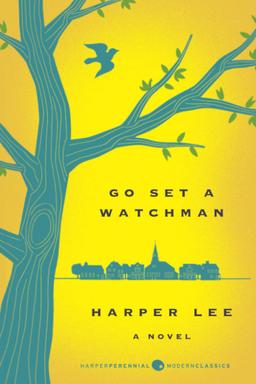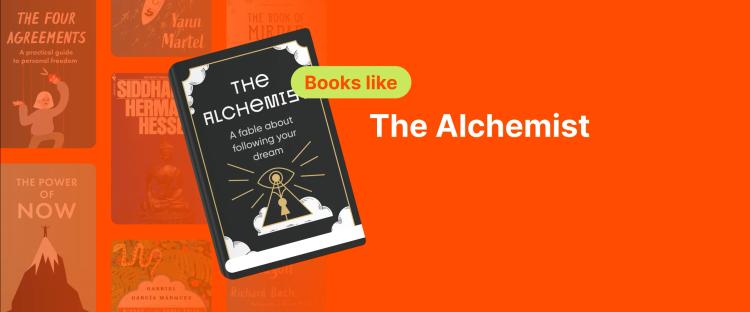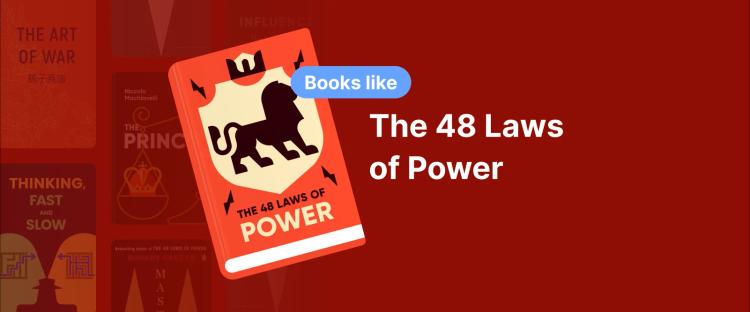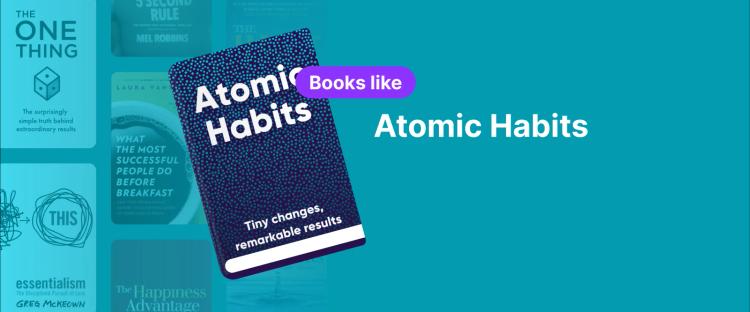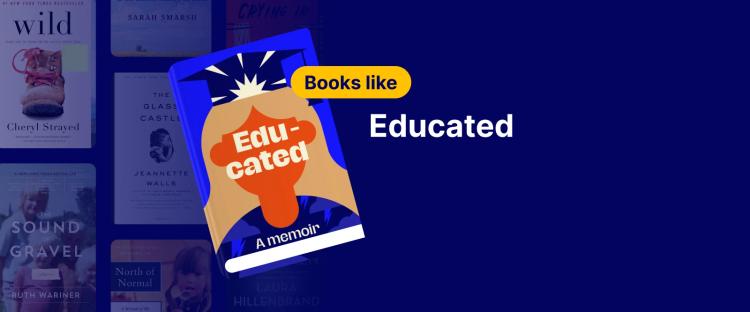'To Kill a Mockingbird,' or TKAM for short, has sold over 40 million copies worldwide. The story captivated readers with its powerful themes of racial injustice, empathy, and personal growth. If you loved this Pulitzer Prize-winning novel, then you're ready to explore more books like 'To Kill a Mockingbird' — let's dive in!
Here's a curated list of 16 powerful stories that echo the moral and social questions found in 'To Kill a Mockingbird.' Loving books is easy, but truly understanding the context and the deeper issues they address can be challenging. But themed nonfiction books can help — they shed light on those morals and social issues.
With Headway, you can absorb the key insights from the best nonfiction books in under 15 minutes, available in text and audio formats. Join over 50 million users who make the most of their reading time with personalized progress tracking and a user-friendly design recognized by the App Store.
Smarter reading starts here — download the Headway app, your shortcut to powerful knowledge.
Quick list: Seven books like 'To Kill a Mockingbird' to read
Check out these book titles; they share the same themes and spirit of 'To Kill a Mockingbird.'
'A Tree Grows in Brooklyn' by Betty Smith — A coming-of-age story about resilience and hope amidst poverty in early 20th-century Brooklyn.
'The Secret Life of Bees' by Sue Monk Kidd — A young girl embarks on a journey to understand race and identity with the help of three wise Black women.
'Roll of Thunder, Hear My Cry' by Mildred D. Taylor — A young African American girl learns about racism and her family's legacy in 1930s Mississippi.
'The Help' by Kathryn Stockett — Three women unite to reveal the experiences of African American maids in 1960s Mississippi, challenging systemic racism.
'Just Mercy' by Bryan Stevenson — A real-life narrative that reveals the flaws and racial biases within America's criminal justice system.
'Cry, The Beloved Country' by Alan Paton — Set in South Africa during the apartheid era, this heartbreaking tale centers on issues of race and justice.
'The Color Purple' by Alice Walker — A powerful story about two sisters overcoming sexism, racism, and fighting for self-determination in early 20th-century Georgia.
Continue reading to discover the complete list and details of each book and learn why they're perfect for anyone who loves this all-time classic.
📘 Want stories that open hearts? Get Headway for powerful narratives from courageous authors!
1. 'A Tree Grows in Brooklyn' by Betty Smith
'A Tree Grows in Brooklyn' is a classic coming-of-age story that follows Francie Nolan's journey from childhood to adulthood in early 20th-century Brooklyn. From age 11 to 17, Francie faces significant challenges, including poverty and a difficult family life, yet her spirit remains unbroken.
Francie finds solace and the strength to endure her circumstances through her love of books. The novel captures the immigrant experience and offers a vivid portrayal of Brooklyn, emphasizing the importance of education and personal growth.
'A Tree Grows in Brooklyn' shares much with 'To Kill a Mockingbird' in terms of themes, but it also stands on its own as a powerful narrative of resilience and self-discovery.
Why 'A Tree Grows in Brooklyn' is similar to 'To Kill a Mockingbird':
Themes of resilience and hope: Both books show how characters use their inner strength and the support of their peers to overcome hardship.
Focus on education and growth: like Scout Finch, Francie uses education and self-growth to understand the world better.
Moral courage in the face of injustice: Young protagonists in both novels experience injustice firsthand and develop a strong moral compass and empathy.
2. 'The Secret Life of Bees' by Sue Monk Kidd
In 'The Secret Life of Bees,' Lily Owens sets out to see her mother's past, which leads her to the little town in South Carolina, Tiburon. There, she finds refuge with the Boatwright sisters, three strong Black women who are beekeepers and become her surrogate mother figures.
Their wisdom and love guide Lily as she confronts complex issues of race, identity, and belonging. As Lily navigates the complexities of family, race, and growth, the novel explores themes of female empowerment and the healing power of community.
Why 'The Secret Life of Bees' is Similar to 'To Kill a Mockingbird':
Racial tension: Both novels are set in a time when racial injustice and prejudice were severe in America.
Personal discovery and growth: Similar to Scout, Lily goes through a process of understanding herself and her relationships with those around her.
Strong female characters: Both novels include strong female characters who are role models to the young protagonists.
3. 'Roll of Thunder, Hear My Cry' by Mildred D. Taylor
'Roll of Thunder, Hear My Cry' tells the story of Cassie Logan, a young African American girl growing up during the Great Depression in the American South, specifically in Mississippi. Cassie and her family face systemic racism as they fight to keep their land and dignity intact.
The emotional core of the story is the Logan family's strength. In tough times, they show how deeply connected they are to their land, identity, and community. As Cassie faces the challenges of a divided society, her journey helps her better understand the world and where she fits in.
Through her eyes, readers experience the emotional and societal challenges of the time, making it a powerful exploration of racial injustice and family unity.
Why 'Roll of Thunder, Hear My Cry' is similar to 'To Kill a Mockingbird':
Racial discrimination: Racial prejudice against people and families is examined in both books.
Family resilience: The Logan family exhibits strength and unity, much like the Finches in 'To Kill a Mockingbird.'
Coming-of-age: Cassie and Scout go on journeys of personal growth, discovering harsh truths about the world they live in.
4. 'The Help' by Kathryn Stockett
Set in 1960s Mississippi, 'The Help' storyline is focused on African American maids working for white families and their personal struggles. It is told from the perspectives of Skeeter — a young white woman, and two maids — Aibileen and Minny. They come together to write a book exposing the injustices they face.
Kathryn Stockett's novel is a great example of the social dynamics of the time. It highlights the courage required to confront racism and societal norms. As the characters form unlikely alliances and risk their safety for justice, 'The Help' is a powerful exploration of race, power, and human relationships.
Why 'The Help' is similar to 'To Kill a Mockingbird':
Racial injustice: Both novels show the damaging effects of racism and the courage required to confront it.
Challenging societal norms: Like Atticus Finch, the characters in 'The Help' defy societal expectations to fight for what is right.
Complex relationships: The relationships between characters explore race and power, similar to the ones depicted in 'To Kill a Mockingbird.'
📘 Want stories that challenge how you see the world? Try Headway for powerful narratives on courage, justice, and what it means to stand up!
5. 'Just Mercy' by Bryan Stevenson
'Just Mercy' is a memoir based on Bryan Stevenson's life and his fight for justice. This true story focuses on his work defending wrongfully convicted individuals and exposes the flaws and racial biases within the criminal justice system.
Stevenson's dedication to justice shines through as he highlights the stories of people trapped in a system that disproportionately impacts African American communities.
The author uses these stories to make a strong point about the deep-rooted injustices of racism, while also urging readers to take action. It challenges readers to face these racial injustices and work toward a fairer, more equal world.
Why 'Just Mercy' is similar to 'To Kill a Mockingbird':
Racial injustice: Both stories highlight the damaging effects of racial bias on systemic levels of society.
Moral courage: Much like Atticus Finch, Stevenson shows the impact of having the moral courage to raise one's voice in the face of injustice.
Social justice: Both books inspire readers to challenge the injustice around them and work toward a fairer society.
6. 'Cry, The Beloved Country' by Alan Paton
Set in apartheid-era South Africa, 'Cry, The Beloved Country' follows Reverend Stephen Kumalo as he travels to Johannesburg to search for his missing son. The novel includes themes of racial injustice, social disarray, segregation, and economic inequality.
As Kumalo grapples with his moral dilemmas, the story reflects the societal impacts of apartheid on communities.
Engaging storytelling by Paton takes the reader through a deep emotional and social impact of injustice. It is both a powerful commentary on the human condition and justice in a fractured society.
Why 'Cry, The Beloved Country' is Similar to 'To Kill a Mockingbird':
Racial injustice: Both novels address how segregation and racism affect people and communities.
Moral dilemmas: Like Scout's father, Kumalo faces tough moral decisions that underscore the challenges of acting morally.
Human connection: The importance of empathy and understanding, particularly across racial and cultural lines, is emphasized in both books.
7. 'Adventures of Huckleberry Finn' by Mark Twain
The story is about the adventures of Huck Finn, a young boy who travels down the Mississippi River with Jim, a fugitive enslaved person. It explores serious themes of race and morality, particularly through Huck's relationship with Jim.
As Huck questions the societal norms of his time, his friendship with Jim is a powerful commentary on slavery and human dignity.
Twain's work continues to resonate for its exploration of race, morality, and the complexities of societal expectations. The 'Adventures of Huckleberry Finn' is still one of the most memorable critiques of the injustices of its time, and is frequently taught alongside TKAM in high school English classes.
Why 'Adventures of Huckleberry Finn' is Similar to 'To Kill a Mockingbird':
Race and morality: In the context of race, both novels represent the tension between societal norms and personal morality.
Challenging societal expectations: Both characters — Huck and Scout — challenge their time's racial and social conventions.
Friendship across racial lines: These stories highlight the importance of empathy, particularly in relationships between people of different races.
8. 'Mudbound' by Hillary Jordan
'Mudbound' is set on a farm in the Mississippi Delta after World War II. The story is told from multiple perspectives, shedding light on tenant farming, race relations, and the difficulties of life in rural Mississippi.
As tensions grow between white landowners and Black workers, the intricate relationships among the characters reveal the significant divides in society.
The depiction of life in the Deep South and the moral challenges the characters face resonate with the themes of justice and equality, much like those in 'To Kill a Mockingbird.' 'Mudbound' is an exploration of racism, class, and human connection in a divided society.
Why 'Mudbound' is similar to 'To Kill a Mockingbird':
Social inequality: In both books, the harsh truths of racism and the struggles of the marginalized communities are told.
Moral dilemma: The characters in both books face difficult decisions, putting their moral beliefs to the test against systemic injustices.
Realistic Southern setting: Both books take place in the Deep South and authentically portray the cultural and racial divides of the time.
📘 Ready to explore hard truths that matter? Try Headway for stories that confront inequality and reveal what humanity really looks like!
9. 'The Kitchen House' by Kathleen Grissom
'The Kitchen House' tells the story of Lavinia, a young Irish girl who is brought to a plantation in Virginia in the late 1700s as a servant. Lavinia, taken in by the enslaved people, has to deal with loyalties and figure out her identity in a harsh, unfair world.
This novel resonates with issues of slavery, family ties, and personal strength in plots involving Lavinia. The necessary relationships that develop between characters in this novel illustrate similar ideas of empathy, family relations, and moral courage.
Why 'The Kitchen House' is similar to 'To Kill a Mockingbird':
Themes of slavery and oppression: Both novels examine the consequences of a deeply divided society and the impact of systemic injustice on individuals.
Family and loyalty: Both books discuss complicated family dynamics and the value of close personal bonds during difficult times.
Moral growth: The characters in both books grow and gain valuable knowledge about courage, compassion, and morality.
10. 'I Know Why the Caged Bird Sings' by Maya Angelou
In 'I Know Why the Caged Bird Sings,' Maya Angelou reflects on her experiences of childhood racism, abuse, and trauma. The memoir deals with identity, self-acceptance, and systemic racism — Angelou creates a way out of her difficulties through literature.
Angelou's journey to understand herself and grow as a person connects to the themes of racism and courage in 'To Kill a Mockingbird.' Her story shows the strength of the human spirit and the power of books to set us free.
Why 'I Know Why the Caged Bird Sings' is Similar to 'To Kill a Mockingbird':
Personal growth through adversity: Both novels focus on young characters who grow and find strength in the face of racial prejudice and personal challenges.
Racial discrimination: Both narratives show how the cruel impact of racism affects individuals, young people, and how being born into a segregated society changes them.
Empowerment through education: Like Scout Finch, she turns to reading and literature to gain power over herself and to resist the control of her surrounding environment.
11. 'The Twelve Tribes of Hattie' by Ayana Mathis
The Shepherd family's journey to Philadelphia during the Great Migration is chronicled in 'The Twelve Tribes of Hattie.' The family wants to improve their own lives. But they have to deal with racism and a lack of job opportunities.
Similar to the themes examined in 'To Kill a Mockingbird,' Mathis's book focuses on the Shepherd family's hardships while illuminating larger societal issues that impact African American women.
Why 'The Twelve Tribes of Hattie' is similar to 'To Kill a Mockingbird':
Themes of racial injustice: Both novels show how systemic racism affects families.
Family resilience: Like the Finches, the Shepherds depend on their family ties to get through tough times.
Impact on youth: Both novels show how societal issues influence the lives of young people.
12. 'The Color Purple' by Alice Walker
'The Color Purple' tells the story of two sisters: Celie and Nettie. Due to distance and circumstance, they have been apart for a long time. Set in Georgia in the early years of the 20th Century, the novel copes with racism, sexism, and abuse, while being centered around Celie's journey of self-empowerment.
Walker's powerful epistolary novel has earned recognition as one of the best books in American literature, winning the Pulitzer Prize and the National Book Award.
Why 'The Color Purple' is similar to 'To Kill a Mockingbird':
Systemic discrimination: Racism and sexism are discussed in both books, along with how they affect people.
Resilience and self-empowerment: Similar to Scout, Celie finds strength in conquering hardship.
Moral courage: The characters in both novels defy social expectations in order to pursue justice.
📘 Hungry for more stories of resilience? Try Headway for transformative reads on finding strength when the world pushes back!
13. 'Kindred' by Octavia Butler
Dana, a contemporary Black woman, is frequently taken back to the antebellum South in 'Kindred,' where she is forced to face the harsh realities of slavery. She gets caught up in the history of racism and inequality while trying to alter the future.
With a time-travel twist, Butler's book tackles the effects of slavery and institutional racism while providing a novel interpretation of 'To Kill a Mockingbird' themes.
Why 'Kindred' is similar to 'To Kill a Mockingbird':
Racial injustice: Both novels examine the devastating effects of racial prejudice.
Personal growth: Dana's journey mirrors Scout's in confronting uncomfortable truths.
Challenging historical norms: Both works inspire readers to question and challenge societal injustices.
14. 'The Heart is a Lonely Hunter' by Carson McCullers
'The Heart is a Lonely Hunter' focuses on John Singer, a deaf man who becomes a confidant for a group of misfits in 1930s Georgia. As the characters struggle with isolation and moral dilemmas, the novel explores loneliness, connection, and empathy themes.
McCullers' work shares themes of empathy and moral growth, similar to 'To Kill a Mockingbird,' where characters seek understanding in a divided society.
Why 'The Heart is a Lonely Hunter' is similar to 'To Kill a Mockingbird':
Empathy and understanding: Empathy and understanding. Both books highlight the need for empathy to overcome isolation.
Moral dilemmas: The characters in both novels wrestle with tough moral choices.
Isolation and connection: Both novels explore how people seek connection in a fragmented world.
15. 'The Sound and the Fury' by William Faulkner
'The Sound and the Fury' tells the story of the Compson family's decline in the American South. It includes themes like history, inheritance, and societal change that weave through the narrative.
In many respects, it stands as a direct companion to 'To Kill a Mockingbird,' as both novels are concerned with how society's standards and history become who we are and which aspects we construct as character. The novel's complex storytelling offers a profound reflection on the human condition and the forces shaping it.
Why 'The Sound and the Fury' is similar to To Kill a Mockingbird:
Impact of history on individuals: Both books look at how cultural norms and historical events influence people's identities and choices.
Family dynamics: The complicated relationships within families and their struggles in a divided society are central to both books.
Moral challenges: The characters in both books face tough moral decisions and experience personal growth.
📘 Want to understand what shapes us? Download Headway for insights on history, identity, and the forces that make us who we are!
16. 'Go Set a Watchman' by Harper Lee
'Go Set a Watchman' takes place 20 years after the events of 'To Kill a Mockingbird' and continues the story of Scout Finch's visit to Maycomb, revealing Scout's father's changing ideas about race and justice.
The sequel to Harper Lee's classic is meant to supplement the original work. Still, it goes more into the character of Scout, the complexities of morality, and the theme of childhood growth from 'To Kill a Mockingbird' while offering a sense of resolution to her story.
Why 'Go Set a Watchman' is similar to 'To Kill a Mockingbird':
Themes of racial tension: Both stories reflect on the complexities of race and justice in the South.
Personal growth: Similar to Scout, character developments occur as characters come to terms with the realities presented to them.
Moral dilemmas: Both stories explore the dilemmas of trying to stay true to personal morals when those around them don't share the same values.
Explore themes of justice and growth with Headway!
Headway is the ideal app for enthusiasts of themes and narratives explored in 'To Kill a Mockingbird.' It's the simplest way to learn new things and broaden your horizons, regardless of your interests in social justice, classic literature, or personal development. We offer a wide variety of book recommendations and topics!
Yes, loving books is easy, but what about finding time to read them all? Not so much. With Headway, you can unlock core ideas from top nonfiction titles in under 15 minutes, available in text and audio formats.
Start your more thoughtful reading journey today — the Headway app makes it simple to fuel your passion for learning while keeping you on track with your goals.
FAQs about books like 'To Kill a Mockingbird'
What does the mockingbird symbolize?
The mockingbird represents innocence, kindness, and purity. In 'To Kill a Mockingbird,' the characters Tom Robinson and Boo Radley are metaphorical mockingbirds, people who do not cause harm but who are harmed by society. These characters exemplify social justice and humanity. You can find book summaries about similar themes on Headway.
Is 'To Kill a Mockingbird' the greatest book of all time?
Although 'To Kill a Mockingbird' is widely considered to be one of the greatest American novels, referring to it as the "greatest" is subjective. Its examination of racial injustice and the courage inspires readers greatly. To explore these themes, visit the Headway book library (over 2,000 summaries!), which makes discovering great books like this easy.
What is considered the greatest novel ever written?
Many people rank books like 'The Catcher in the Rye,' 'To Kill a Mockingbird,' and 'Ulysses' as some of the greatest novels ever written. This ranking is mainly due to their profound themes and literary influence. However, the best book ever written status is a subjective matter.
What is 'To Kill a Mockingbird' about?
'To Kill a Mockingbird' is about a young girl named Scout Finch growing up in the racially segregated South. It follows her father, Atticus Finch, a lawyer who defends a Black man, Tom Robinson, accused of raping a white woman. The novel features the themes of racial injustice, morality, and the fragility of childhood innocence.
Is there a sequel to 'To Kill a Mockingbird'?
There is no official sequel to 'To Kill a Mockingbird,' but in a way, there is. Harper Lee published a second book — 'Go Set a Watchman,' which features many of the same characters. The novel takes place years after the events in the former book and focuses primarily on lessons of personal and societal development.

